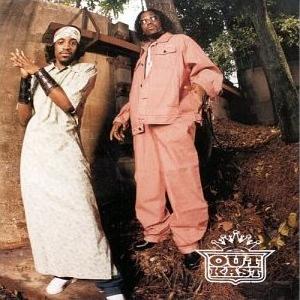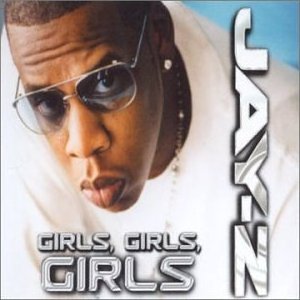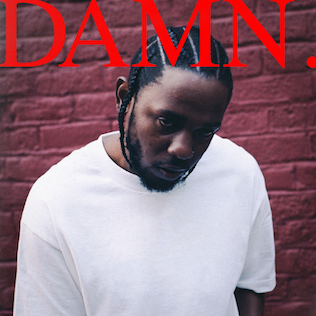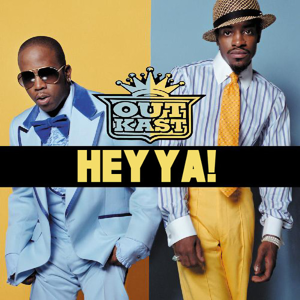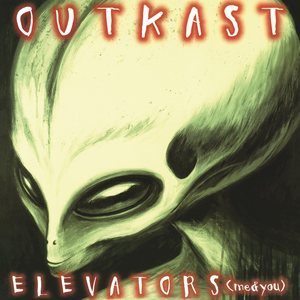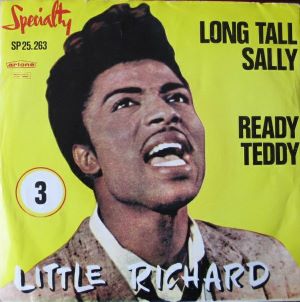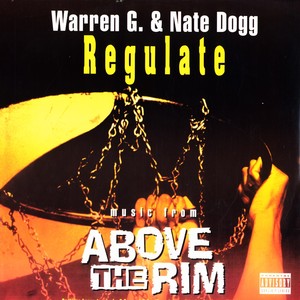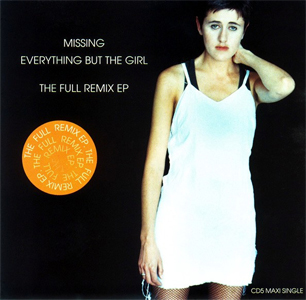Kendrick Lamar, the Compton-bred rapper, has cemented his place as one of the most influential and acclaimed artists of his generation. With a discography that spans multiple critically acclaimed albums and a slew of awards, Lamar’s impact on popular music is undeniable.
From his breakthrough album good kid, m.A.A.d city to his Pulitzer Prize-winning masterpiece DAMN., Lamar’s music has consistently tackled complex themes of race, identity, and social injustice with raw honesty and lyrical prowess. His signature blend of West Coast hip-hop, jazz, and funk influences has earned him widespread recognition for pushing the boundaries of the genre.
Lamar’s accolades speak volumes about his artistic achievements. In addition to his 17 Grammy Awards, including Best Rap Album for DAMN., To Pimp A Butterfly and Mr. Morale & The Big Steppers, he has received numerous other accolades and honors throughout his career, further solidifying his status as one of the most celebrated rappers of his generation.
One of his most significant achievements was receiving the Pulitzer Prize for Music in 2018, becoming the first non-classical or jazz artist to be awarded this prestigious honor. The Pulitzer board praised his album DAMN. for its “virtuosic song collection unified by its vernacular authenticity and rhythmic dynamism that offers affecting vignettes capturing the complexity of modern African American life.”
Lamar has also won several BET Awards, including Album of the Year and Best Male Hip Hop Artist multiple times. He has been recognized by the American Music Awards, Billboard Music Awards, and MTV Video Music Awards, among others.
In 2016, Lamar received the prestigious Generational Icon Award from the California State Senate and the State’s Celebratory Commendation, honoring his artistic achievements and positive influence on the community.
Additionally, Lamar has been celebrated by various publications and organizations for his contributions to music and culture. He has been named one of Time Magazine’s 100 Most Influential People, and his album To Pimp a Butterfly was ranked by Rolling Stone as the greatest album of the 2010s.
Beyond his musical triumphs, Lamar has also been celebrated for his philanthropic efforts. Through his foundation, he has supported various initiatives aimed at improving the lives of youth in his hometown of Compton, including funding for academic programs and community development projects.
With his thought-provoking lyrics, innovative sound, and commitment to using his platform for positive change, Kendrick Lamar has solidified his position as a cultural icon and one of the most important voices in modern music. His impact transcends the boundaries of hip-hop, inspiring generations of artists and listeners to embrace authenticity, creativity, and social consciousness.
As Lamar continues to push the envelope and redefine what it means to be a rapper in the 21st century, his influence on popular music and culture will undoubtedly resonate for years to come.
Follow Tunes du Jour on Facebook
Follow Tunes du Jour on Twitter
Follow me on Instagram

